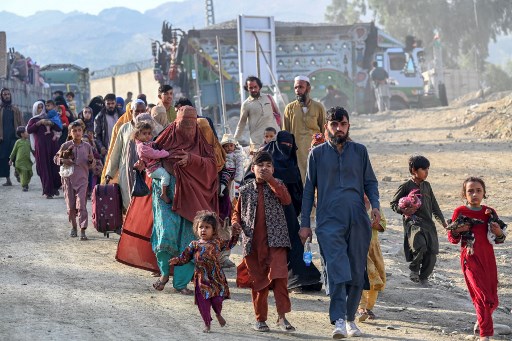In the wake of soaring petroleum prices, commuters in Pakistan have been hit with a steep increase in public transport fares, putting additional strain on their wallets.
This development has sparked a heated debate between passengers and transporters, both citing economic challenges as the driving force behind the fare hikes.
Public transport operators have announced a substantial fare increase, ranging from 15 to 20 percent, citing the relentless surge in petroleum product prices as a primary factor. The ripple effect of these increases has touched various routes across the country.
For residents of Lahore, the cost of commuting within the city has surged significantly, with fares escalating by Rs 300 to Rs400.
Travelling from Lahore to Karachi, a major route, has become notably costlier, with fares climbing from Rs 6,600 to Rs 7,000.
Similarly, passengers traveling to Rawalpindi have witnessed a fare hike from Rs 2,000 to Rs 2,200, while those bound for Peshawar are now facing a fare increase from Rs 2,500 to Rs 2,750.
Residents of other cities are also feeling the pinch, as Quetta's rent has risen from Rs 4,400 to Rs 4,650, and Murree's rent has jumped from Rs 2,400 to Rs 2,650.
Concerns have been voiced by passengers who feel the burden of these fare hikes disproportionately. Many are lamenting the loss of affordability in public transport, which they had previously relied upon for their daily commuting needs.



























